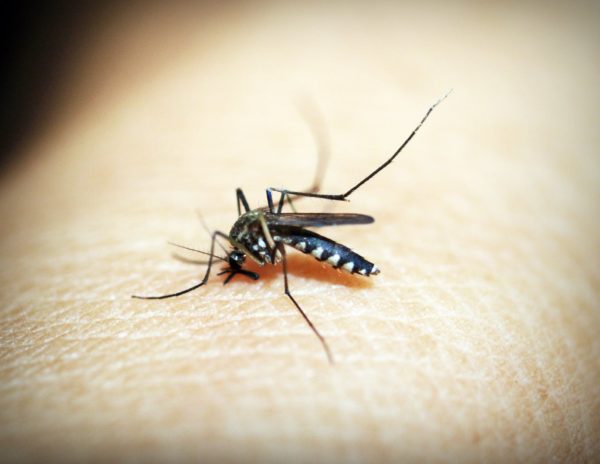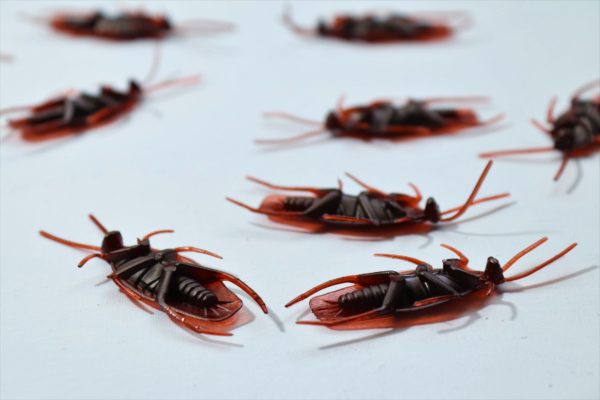Two of the most common questions that stand between landlords and tenants in rental properties are who is responsible for taking care of pest control, and who is responsible for paying for these services?
In this case, the law in Ontario is clear: the landlord has to handle and pay for them. However, if the pests are directly a result of the renter’s actions, they can be liable for the costs.
What Is The Landlord’s Obligation For Pest Control?
When it comes to dealing with pests ranging from bed bugs to cockroaches to small mammals, the Landlord and Tenant Board of Ontario shows that the responsibility is on the landlord. They must maintain the rental property in a way that takes action to control pests, and they must meet property standards related to health, safety, housing and maintenance. These obligations are  reflected by municipal bylaws and the maintenance standards set out in the provincial Residential Tenancies Act.
reflected by municipal bylaws and the maintenance standards set out in the provincial Residential Tenancies Act.
As such, it is the landlord’s responsibility to deal with pest control problems like bedbugs and rodents, while the tenant must comply with treatment options. Landlords also have the right to enter to inspect and maintain rental units, but they must give the tenants a written notice 24 hours ahead of time to enter between 8:00 a.m. and 8:00 p.m.
Some landlords can hesitate to pay for pest control if it is clear that the pests are a result of the tenants not cleaning their property correctly. Paying for it may seem unfair, but the landlord must follow the laws and raise any issues afterwards. If they can prove that the infestation is because of the tenant, they should not be responsible for payment.
What If The Tenant Is Responsible For The Infestation?
Despite the duties of the landlord, the obligations of the renter are to keep the space clean and to report maintenance issues to the landlord promptly. Under the Residential Tenancies Act, a tenant must keep their rental unit clean and up to a standard that most people would consider ordinary cleanliness.
 In cases where pest control is necessary, a landlord cannot evict a tenant because they are too messy for the tastes of the landlord. However, if a renter’s living behaviour is responsible for causing the pest infestation, they could become responsible for the costs that are necessary to resolve the pest infestation. Eviction is also possible if the rental unit is so unsanitary that it attracts pests and puts the safety of the other tenants or the landlord at risk.
In cases where pest control is necessary, a landlord cannot evict a tenant because they are too messy for the tastes of the landlord. However, if a renter’s living behaviour is responsible for causing the pest infestation, they could become responsible for the costs that are necessary to resolve the pest infestation. Eviction is also possible if the rental unit is so unsanitary that it attracts pests and puts the safety of the other tenants or the landlord at risk.
The parameters to follow can depend on the type of infestation. Treating an apartment for bed bugs, for example, is not considered an emergency, so the landlord has to give the tenant the proper notice and time to prepare the unit before the application of pesticide treatments. A precedent has also been set that the tenant cannot refuse the treatment options.

